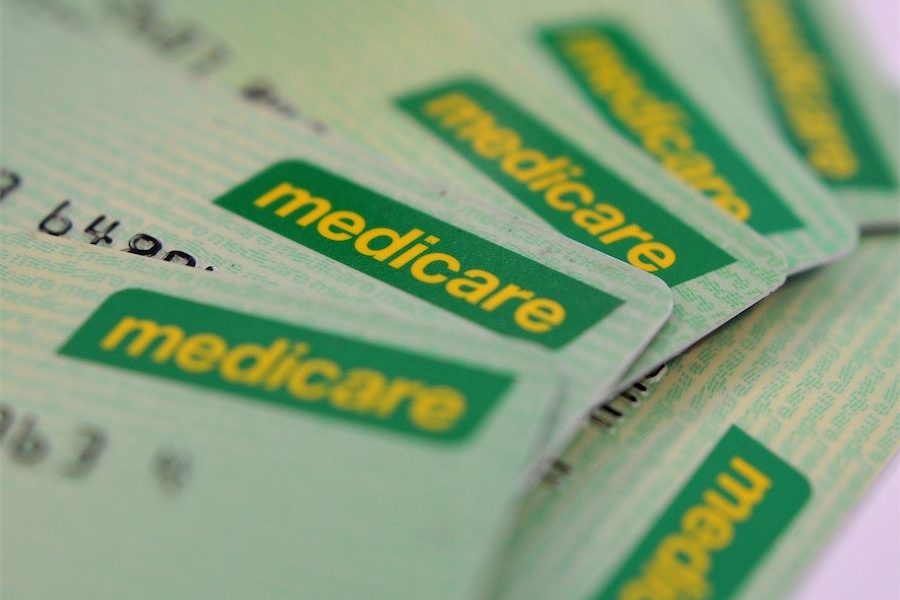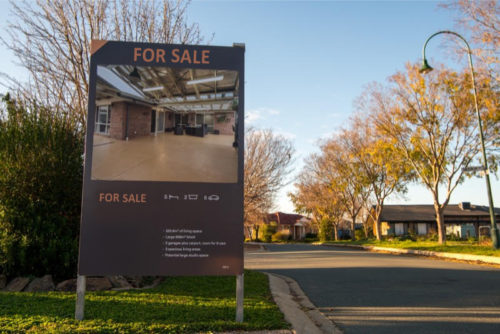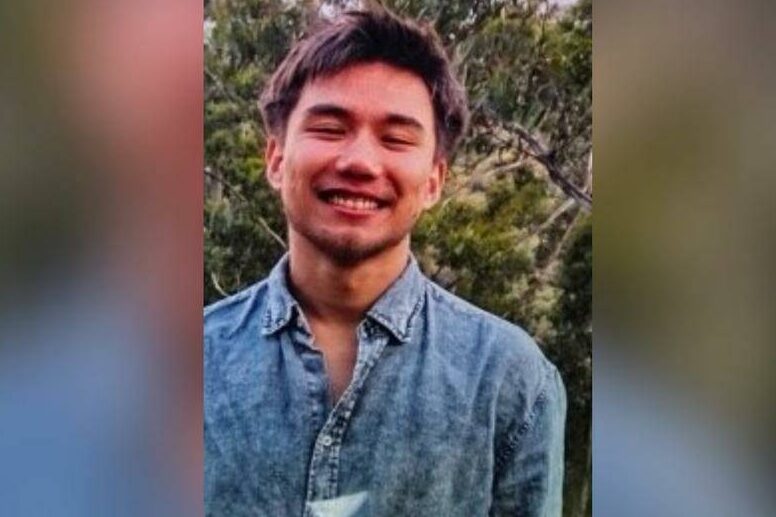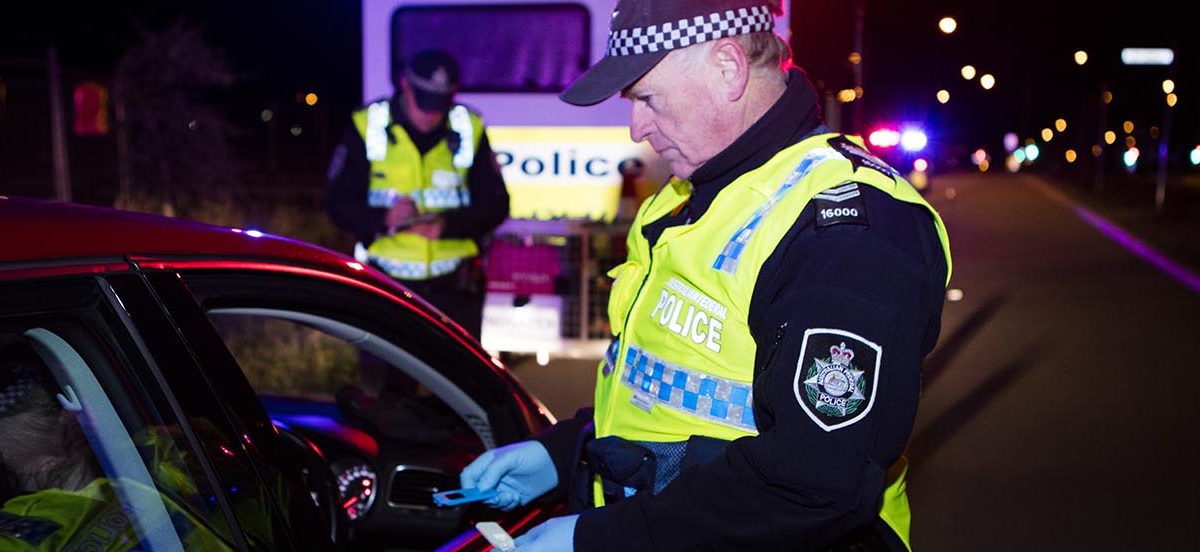
By Andrew Brown in Canberra
Patients have welcomed an increase in bulk billing rates but warn more needs to be done as the cost of living soars.
While there has been a 2.1 percentage point rise in the national GP bulk billing rate since November when incentives were boosted, the number of people delaying or not attending an appointment due to price has doubled.
While acknowledging the results and a push for cheaper medicines are positive, Arthritis Australia wants more support for those on lower incomes who are facing barriers to accessing medical help.
“People are making extremely difficult decisions about what treatments they can afford, which is further impacting their already poor quality of life,” CEO Jonathan Smithers said.
Chronic conditions like arthritis are hampering people at work and this is exacerbating pain.
“Many are already on lower incomes or unable to work due to their condition and the combined cost of all their treatments and appointments are pushing this burdened community to the edge,” Mr Smithers said.
Secure long-term funding to allow community organisations to support those with chronic conditions and navigate the health, welfare and disability support services were recommended.
In 2022/23, seven per cent of respondents who needed to see a GP did not visit due to cost, compared with 3.5 per cent the previous year.
In NSW alone, the number of people deferring visits to the doctor rose from 4.4 per cent in 2021/22 to 9.5 per cent in 2022/23.
An extra 360,000 appointments have been bulk billed by GPs since November, when the incentive to offer subsidised visits to patients on concession cards and children under 16 tripled.
Further financial incentives were also provided to clinics in regional areas.
The changes were making a difference for providers and patients alike, Health Minister Mark Butler said.
“We’re older, we have more complex chronic disease and we need to make sure Medicare is strengthened for the future,” he told ABC TV.
The number of GP clinics offering bulk billing had increased in every state and territory, with Tasmania recording the greatest increase of 5.7 percentage points, followed by South Australia with 3.8.
NSW still leads for the number of clinics offering subsidised visits with 82.3 per cent, followed by Victoria (78.3) and Queensland (75.8).
The ACT had Australia’s lowest rate at 53.4 per cent.
The opposition said the rates were lower than when it was in power a decade ago.
“If the Labor government Medi-cared they would do something about the cost-of-living crisis, so Australians could actually afford to go to the doctor,” Deputy Liberal Leader Sussan Ley said.
The bulk billing increase for vulnerable patients was evidence boosting Medicare subsidies worked, the Royal Australian College of General Practitioners said.
While welcoming extra Medicare payments, there needed to be a discussion about bigger reforms and funding as the health sector evolves, Australian Medical Association president Steve Robson said.
“We now have robotic surgery, we have extraordinary ways of treating people, and of course, the landscape of illness has changed,” he said, pointing to chronic problems, including mental health.
“Medicare needs to say, ‘How can we fund the complex, multidisciplinary care our patients need?’, and that really is the big challenge.”
Who can be trusted?
In a world of spin and confusion, there’s never been a more important time to support independent journalism in Canberra.
If you trust our work online and want to enforce the power of independent voices, I invite you to make a small contribution.
Every dollar of support is invested back into our journalism to help keep citynews.com.au strong and free.
Thank you,
Ian Meikle, editor





Leave a Reply